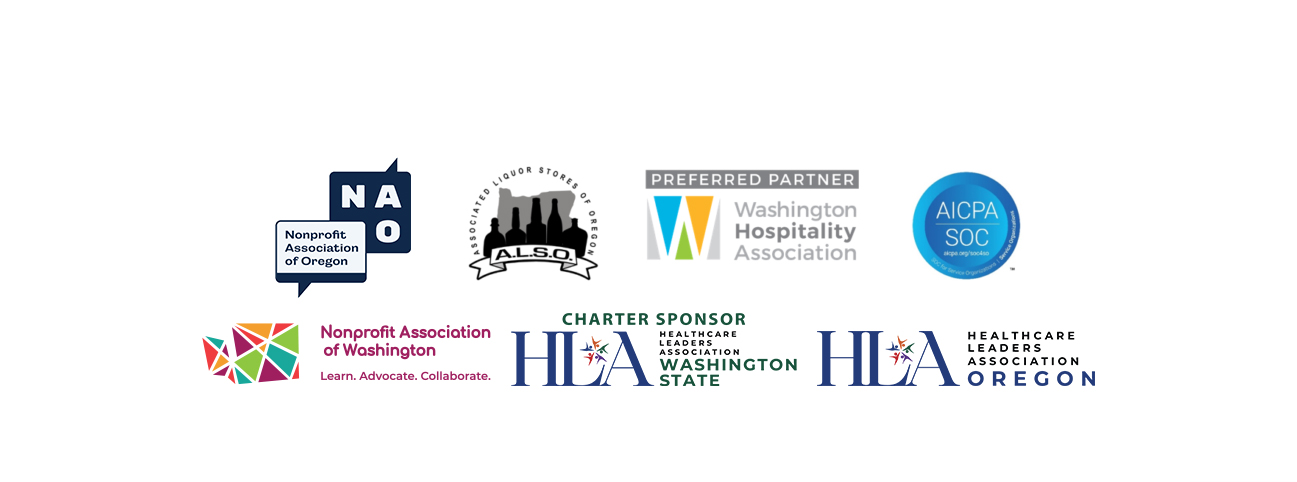Under the Equal Pay Act of 1963, the U.S. Department of Labor prohibits wage discrimination based on gender. Many states, including Oregon, have reinforced this law with new legislation to ensure that employees receive equal pay for equal work as a part of Oregon payroll requirements. Governor Kate Brown signed Oregon's Equal Pay Act of 2017 (OEPA) into law in June 2017.
Topics: Oregon Payroll, Oregon Labor Laws
As a result of the June 27th, 2025, Legislative Assembly, Oregon employers must familiarize themselves with several key compliance updates, which went into effect on January 1st, 2026.
Topics: Oregon Payroll, Oregon Labor Laws, Oregon Compliance
The expectations of today's workforce have evolved greatly in comparison to expectations from just a few years ago, and your human resources team or efforts are essential in managing them.
Topics: Employee Engagement, Human Resources
As of July 1st, 2025, the new Oregon Minimum Wage Rate went into effect. All workers in Oregon are entitled to receive this hourly Minimum Wage rate according to Oregon Labor Laws and the Fair Labor Standards Act (FLSA). Oregon minimum wage differs depending on the location where the employee performs their work.
Topics: Payroll, Oregon Payroll, Oregon Labor Laws, Payroll Compliance, Oregon Compliance
Oregon Payroll Laws and Processing - What Companies Should Know
Processing payroll in Oregon has a lot of moving parts. Before paying an employee in the state, you must consider several areas of Oregon Payroll Law, including the minimum wage, hours worked, overtime, allowed deductions, payroll tax, and more.
Topics: Payroll, Oregon Payroll, Oregon Labor Laws, Payroll Compliance
When an employee departs your business, via choice or termination, you need to know what the rules are for ensuring they receive any final compensation that is due. Here is everything Oregon businesses need to know about Oregon Final Pay Laws when processing payroll.
Topics: Payroll, Oregon Labor Laws, Payroll Compliance, Oregon Compliance
This article covers the most common small business payroll questions, including benchmarks, compliance considerations, cost expectations, and how to know when it's time to hire the pros. We'll let you know what to expect and how to improve your payroll processes, whether you're handling payroll yourself or trying a cloud-based solution.
Topics: Payroll, Payroll Compliance, small business
On August 8th, 2017, Oregon governor Kate Brown signed the Oregon Predictive Scheduling Law which went took effect in July of 2018. The legislation was updated in 2020, with an extended notice period of 14 days as opposed to seven days. Oregon’s Predictive Scheduling Law is meant to protect employees against last-minute scheduling changes that could negatively impact their income.
Topics: Oregon Labor Laws, Oregon Compliance, Employee Scheduling
The Oregon Bureau of Labor and Industries (BOLI) is responsible for administering and enforcing a variety of Oregon Labor Laws. As such, Oregon BOLI reserves the right and authority to enter business premises, gather facts, and examine working conditions at any reasonable time. This is also known as a workplace investigation.
Here is everything you need to know about Oregon BOLI investigations, so you can keep your business prepared.
Topics: Oregon Labor Laws, Oregon Compliance











.png?width=120&height=120&name=mgmt-500-150x150%20(1).png)


